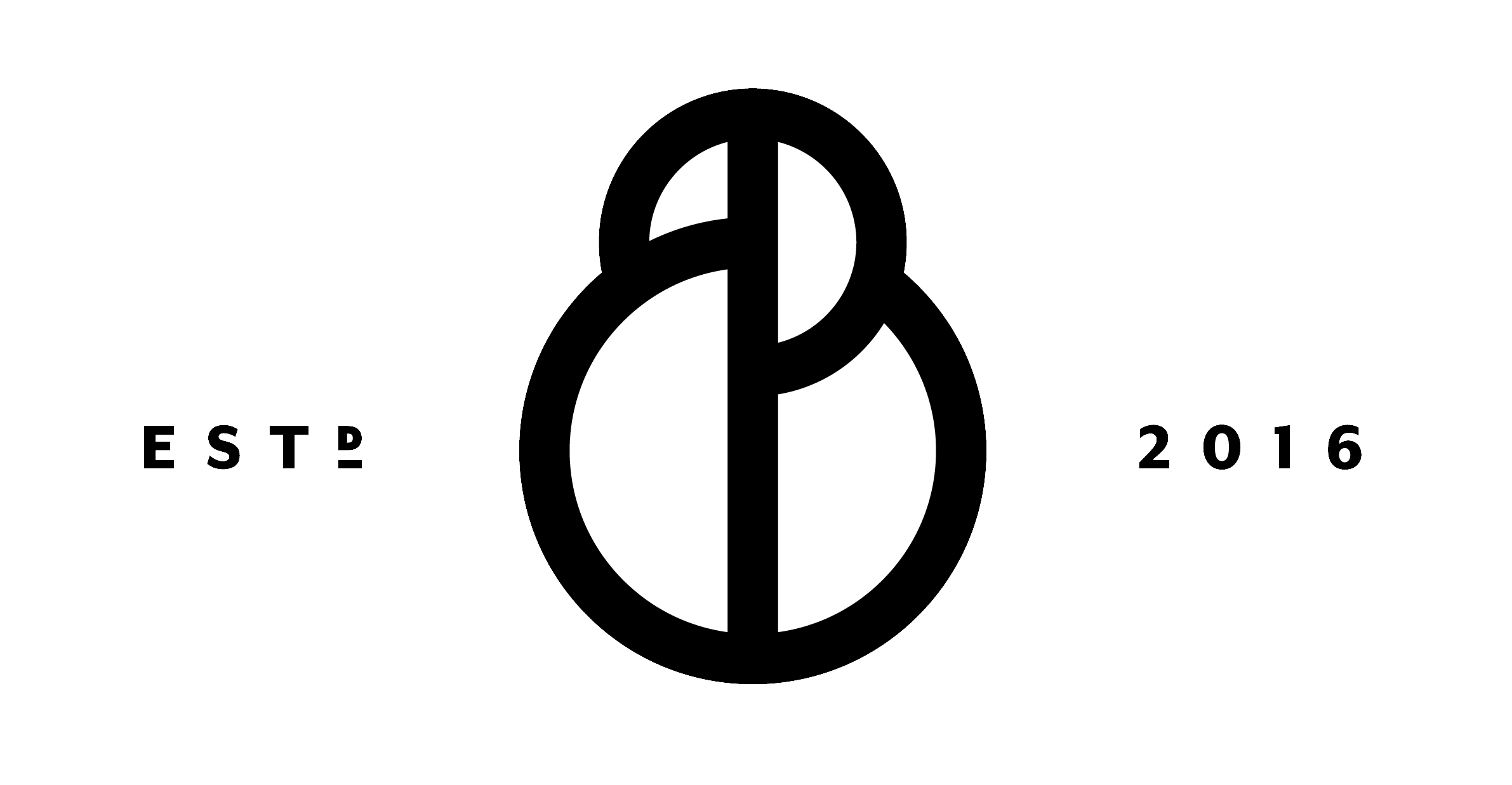The truth about black coffee
The truth about black coffee
“I’ll have a…” is one of the most commonly said phrases in the world, so much so that a famous fast food giant recently recruited A-list celebrities as part of a global campaign with just this phrase as their lines for the advert. So often we robotically walk into a coffee shop and shout out our order, being prompted by the cashier for specifics - milk? cream? froth? syrup? sugar? But, such extras actually divert one from the most important aspect of coffee - training your palate.
Cupping coffee
Cupping coffee is the process of extracting the flavour notes and specific taste characteristics of any given coffee (either blend or single origin). Often performed at coffee farms worldwide, and pre-export in order for the coffee to be awarded a grade / quality certification, the process of cupping involves placing grounds of coffee into a cup and pouring hot water over it - not boiling, but hot (anywhere between 91 - 93 degrees is optimal). No sugar, no syrup, no milk…nothing. In fact, if done correctly, you will be able to pick up notes of sugar, fruit, spice, nut, cocoa, chocolate, mango, lavender, lime and so forth (taste notes will be dependent on origin of course). Coffee cupping / tasting is akin to the work of a wine sommelier. The palate of an expert coffee cupper is so refined, that blind tasting (being presented an already prepared cup) can lead to the identification of where the coffee comes from. There are people out there in the coffee world who can taste a random cup of coffee and identify the specific taste notes in the coffee. The will tell you the notes with reference to the coffee lexicon, and what country the coffee (or blend) comes from or is made up of.
The art of drinking black coffee
Heading above is not to mislead or confuse, given the previous paragraph, it is hoped that the reader will see now that there is actually an art to drinking your coffee. Given the nuances in the Tez notes of coffee, and a wonderful array of flavours that can be extracted from cup to cup, origin origin, blend to blend, we absolutely love drinking our coffee black…and recommend it too. If you begin to practice the mindful way of extracting taste notes and flavours in your black coffee, as described above by doing coping at home, you will need to use around 10 or 11 g per200 mil of water. Thus, it's probably a good idea to cup once per pack of coffee you buy from us. The aim with cupping is not really to consume the cup, but rather to take sips (if you make a slurp sound when you sip then you are doing it right) through the deep dish spoon in order to train your palate to pick up notes. Practice makes perfect with this. The more you cup, the more adept you will become at picking up the taste notes. Eventually, you will get to the point where you will be able to distinguish origins - say a Brazilian coffee from a Jamaican, or an Ethiopian from a Colombian. This will be a sure way to know your taste training is going well, and at this point it will be safe to say you are a self taught coffee taster!
Always drink your coffee black
Given the above, in summary we would like to really encourage you to always try to drink your coffee black. The true flavours of a great cup of coffee, premium beans made well, can be very rewarding. There are studies emerging showing various health benefits of coffee consumption (please do your own research on this) but we feel the mindful way of drinking coffee can have instant benefits - turning your brewing process into an event, almost ritualist in a way where you mindfully grind your beans, take in the aromas as they are getting crushed in the grinder, then delight in the mixing of the grinds with hot water and notice the array of shades of brown that swirls are the waters coats the awaiting grinds. Do you notice any texture changes? Any change in the consistency of the grinds as you pour? Do they change colour with each pour? Stop for a second, let them sit for around 10 seconds or so then pour again; what do you notice about the consistency now? Can you pick up any aromas? In what ways are they different to the aromas you picked up on when the coffee beans were being ground in the grinder?
A mindful approach to bring your coffee like this will have immeasurable benefits to your mental health. Theoretically, the endorphins released with this type of activity, along with the dopamine activity in the brain that will come from this type of brewing methodology, will reap dividends for your psychological well-being. Even more so if you can spare the 10 or 15 minutes a day to carry out this ritual. It’s you time - a moment in the day where you reward yourself with something pleasurable and filled with mastery and satisfaction. Have a guest to brew for? Tell them about your brewing method. Teach them how to do it. Just enjoy.

